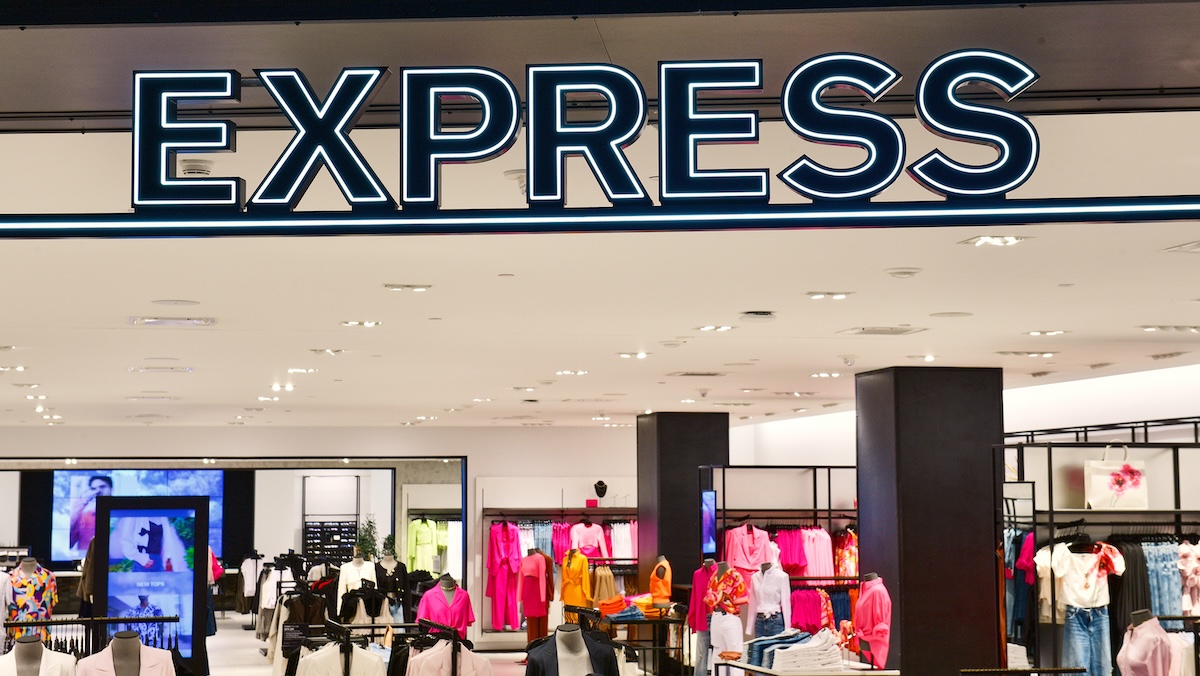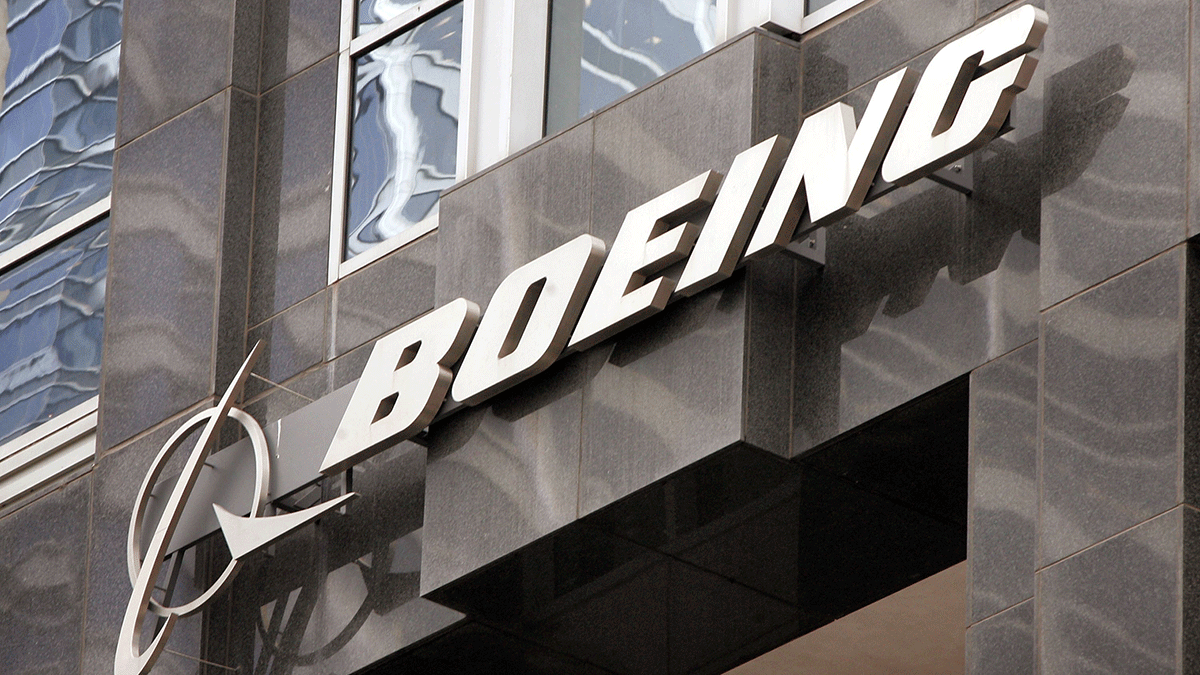When it comes to airport security, the Transportation Security Agency screens your bags and your body for explosives and other weapons. But in the cargo hold of the planes, millions of pounds of shipped goods go unscreened everyday. Until Aug. 1.
Friday the TSA, along with American Airlines, announced they are ready to meet the 100 percent cargo screening mandate that goes into effect on the first of next month.
"We have been stepping up the screening in the air freight environment now for three years," said David Brooks, president of the American Airlines cargo division.
Federal investigators remain skeptical. In a recent General Accounting Office report, the GAO warned the TSA of possible challenges to meeting the 100 percent cargo screening requirement.
Investigators are concerned the TSA will not be directly involved in the physical screening of cargo. Cargo screening will be solely left up to the airlines and shippers enrolled in the TSA's voluntary screening program.
Doug Brittin, with the TSA, said the process for screening every piece of cargo is challenging, but that his biggest concern is unscreened cargo coming into the United States on passenger planes from other countries.
"If we required to the airlines to screen 100 percent of cargo overseas they would be taking everything apart on their docks and that would cause a significant delay in commerce and have a significant uproar over that," Brittin said.
Business News
Brittin believes it could take years before foreign governments work with the United States to insure all cargo is screened.
American Airlines insists it's ready to meet the challenge ahead, domesticallyy. But the Fort Worth based carrier said it would like to see new technology that could screen large pallets and airline containers, saving the labor and time of having to break down each piece of cargo to be searched by hand.
The GAO fears that process will "impede the flow of normal commerce." American Airlines admits there could be problems, but they shouldn't last too long.
"There will be pockets of chaos, but I think after a week or two things will settle down. I'm not predicting a huge impact on supply chain," said Brooks.
Bottom line, come Aug. 1, if cargo is not screened, it can't fly. And if it can't fly, it's not getting to its destination on time.



